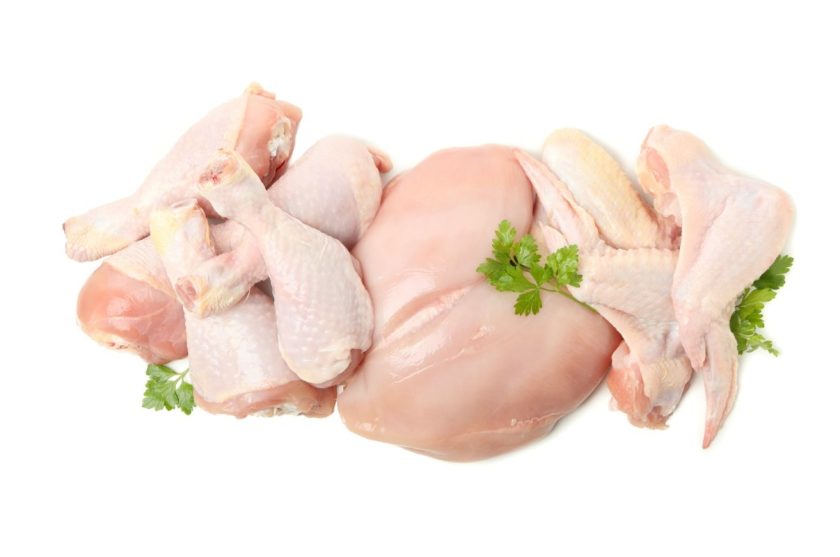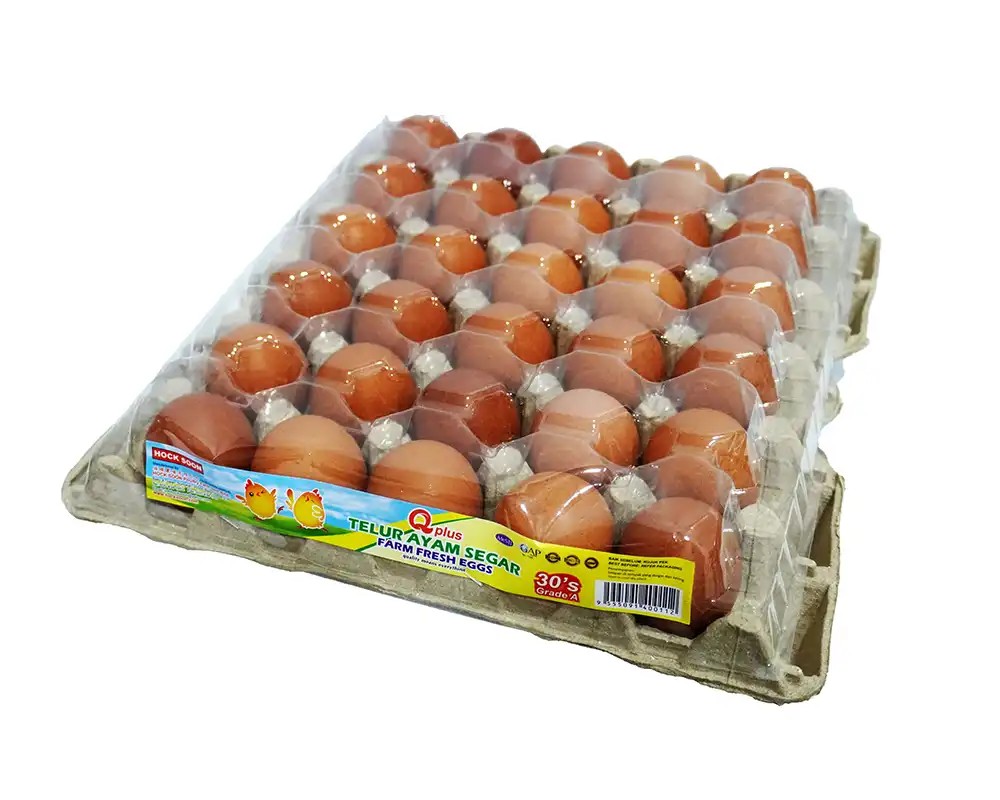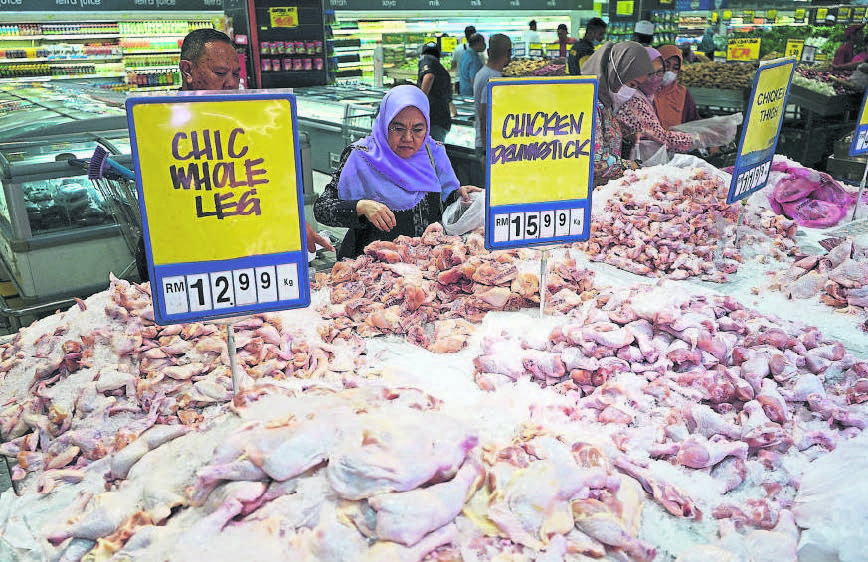Kandungan boleh didapati di: English
Malaysia’s halal requirements for poultry imports are more stringent than international standards, creating challenges for US poultry exporters, according to a newly released report by the US Trade Representative.
Halal certification is obligatory
The 2025 National Trade Estimate Report, released on March 31, highlighted that Malaysia mandates all imported poultry products to be certified halal by an approved foreign halal certification body before they are allowed entry into the country.
Additionally, slaughter plants exporting poultry to Malaysia must operate dedicated halal production facilities, with strict segregation of storage and transportation for halal and non-halal products. This contrasts with international practices, which permit halal poultry to be processed and stored in shared facilities, provided proper Islamic cleaning procedures are followed.
“US industry has expressed concerns regarding the cost of creating new, segregated production facilities to access Malaysia’s market,” the report stated.
Stringent requirements
Beyond halal certification, poultry processing plants in the US must also be registered with Malaysia’s Department of Veterinary Services (DVS) to export their products. The application process requires extensive documentation and can take several months to complete. Even after approval, US poultry shipments undergo plant-by-plant inspections by DVS and the Islamic Development Department (Jakim).
The report also noted that minor discrepancies in export certificates and facility registration details can result in detained poultry shipments, causing delays of several days or even weeks. The US trade representative described Malaysia’s registration system as “overly burdensome” and warned that it could further complicate efforts to expand poultry exports to the country.



